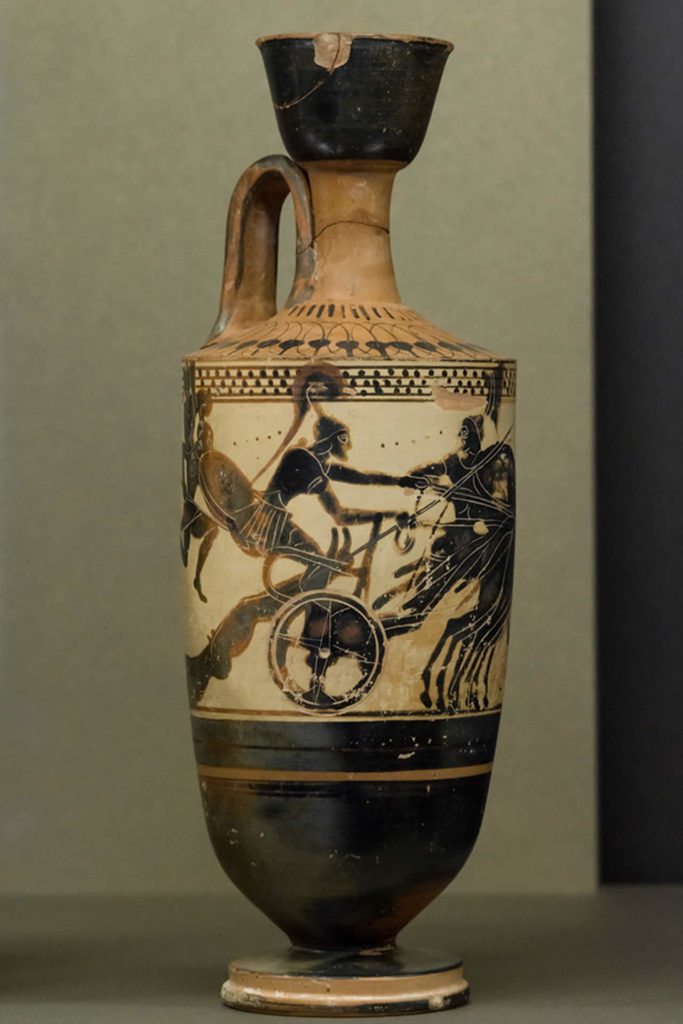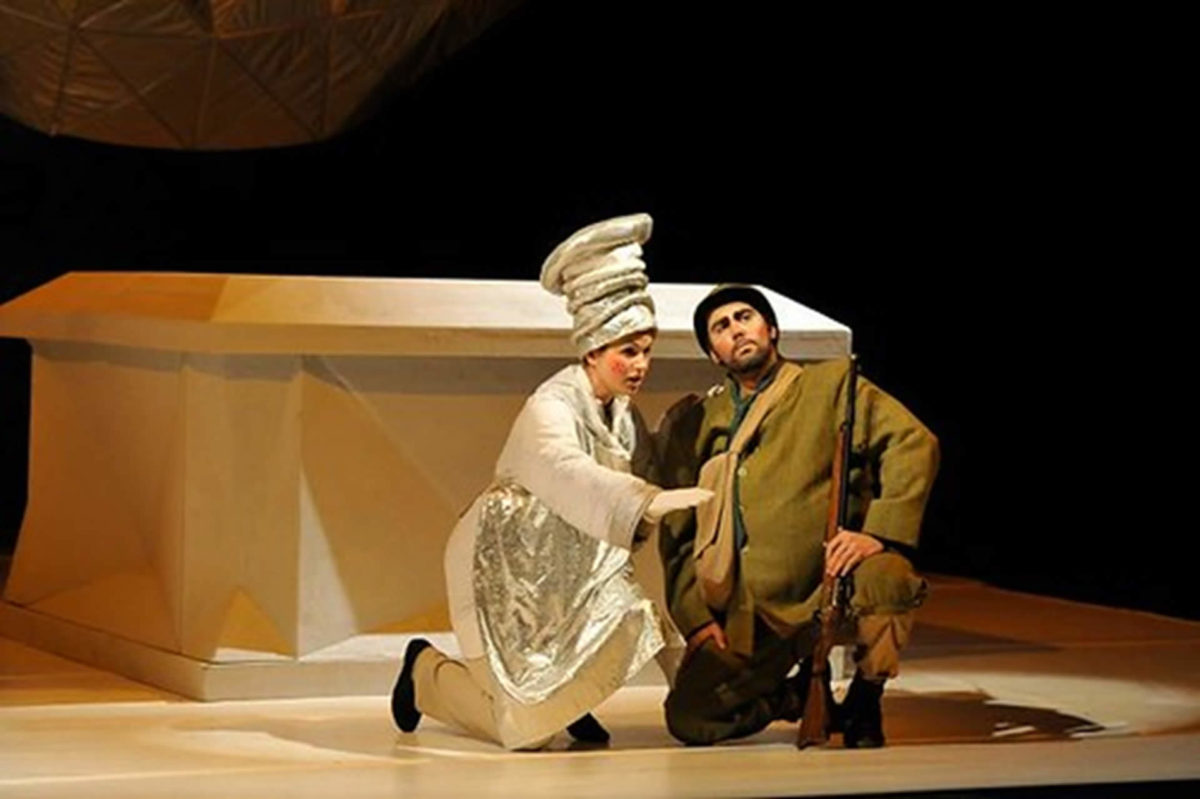The word “compassion” often appears in the news: from ex-president Donald Trump being lauded as compassionate by a woman freed after a 22-year prison stint as a result of his administration’s criminal reforms, to Kim Kardashian requesting the public act with “compassion and empathy” toward her husband Kanye West, in consideration for his mental health. In today’s journalism, compassion is unfailingly celebrated, and its absence is invariably lamented.
Businesses are under increasing pressure to deliver when it comes to corporate social responsibility (CSR): the sense of giving back to customers and the wider community is no longer just the stuff of a company’s annual report, but rather a make-or-break business essential. Today’s customers, drained from months of covid sorrows and the restrictions of life in lockdown, want authenticity and accountability more than they ever have. One way of providing this is through compassion.
As Kindness & Leadership UK initiative state: “Against a background of uncertainty and rapid change we’ve seen kindness move to centre stage, with more leaders, schools and industries acknowledging its clout. […] kindness has the ability to build trust, confidence and loyalty – it’s the leadership style that will achieve change in a fragile world”.
Easier said than done, some might say. When seeking inspiration for how to be more compassionate, why not look to works of culture — there, humans across centuries and continents are united in acts of compassion.
Show compassion to those plagued by misfortune
Homer’s Iliad is regarded as one of the earliest building blocks of the Western canon. When the defeated King Priam begs hero Achilles for his son Hector’s body, the reaction of Achilles — a warmongering, vengeful young warrior — comes as a surprise.

We learn that King Priam reminds Achilles of his own father, creating a great familial bond for Achilles. He is so filled with compassion that he invites King Priam into his feast and later returns Hector’s body. The people of Troy then bury Hector during a truce: the compassion of Achilles is a rare moment of deep humanity in a work otherwise characterised by the brutality of batte and the blinkers of vengeance.
While the world of modern business is a world away from Bronze Age battles and the politics of city states, business leaders can still show compassion, like Achilles, by allowing staff leave to attend to family matters; to spend more time with their families through flexible working policies, and through understanding that their commercial adversaries are human too and have the same human frailties. Such messaging, when done sincerely, will transcend where marketing is compromised.
Compassion – don’t just talk about it, do it
Waiting for Godot, a well-loved play by Samuel Beckett, famously has two characters Vladimir and Estragon engage in a variety of discussions and encounters while awaiting Godot, their patron who never arrives.
The play can be seen as a lesson in what happens in the absence of compassion: the eponymous Godot (and his compassion), is spoken of, but does not turn up. What do we do when compassion, praised and often mentioned, is merely an allusion; a keenly-awaited apparition that never materialises? In the play, a boy is beaten and dialogue keeps returning to bodily functions — there is no sense of kindness or thinking of others.
One interpretation of the play could be that if only Vladimir and Estragon enacted compassionately themselves, they would not need to wait for its intervention. Business should have the same agency, not reduce passion to a gimmick or meaningless talk; thereby leading by example to carry out acts of compassion to help others.
Let compassion lead you to focus on the bigger issues
Mozart’s opera The Marriage of Figaro can be seen as a lesson in compassion. Figaro and Suzanna, servants to Count Almaviva, are to be married, but the Count — lustful, calculating, rejoicing in his power — wants Suzanna for himself. He orchestrates a rendezvous with Suzanna, who, sensing his plan, arranges for the neglected Countess to attend in her place. The Count randily approaches the cloaked figure, who he thinks is Suzanna, and declares his love for her — only to find it is in fact his wife, the Countess.
Mortified and overcome with remorse, the Count sings ‘Contessa, perdono…perdono, perdono”. Countess, forgive me. Imagine the countess: publicly embarrassed by her own spouse; sidelined, discarded. She gracefully forgives him because “Piú docile io sono” — “I am more kind”.
In business, we too can be kind, and forgive: rather than holding grudges against former associates, or sniping at former bosses who once maligned us. Good business moves forward with magnanimousness, humanity – and compassion. This allows us, in the business sphere, to learn and to build trust.
Business has never had more agency in the world and at times of stress, such as these, compassion will go a long way. Just because a business seeks profit, that should not preclude it from enacting and celebrating our best selves.

